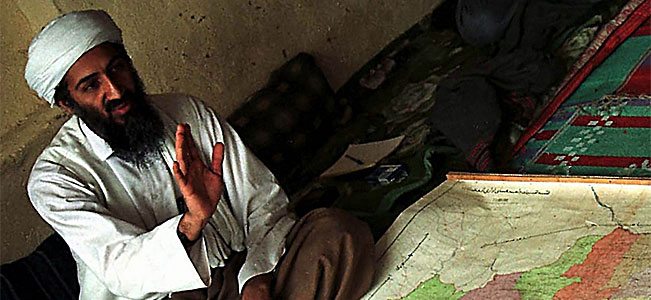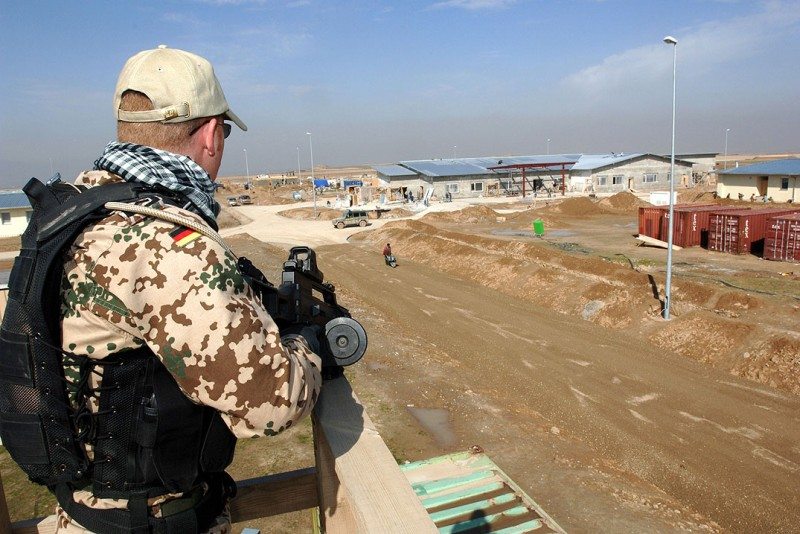U.S. officials on Tuesday revised their description of the circumstances surrounding the killing of al-Qaida terror leader Osama bin Laden, as more details became available. As The new narrative says bin Laden resisted U.S. forces and was unarmed.
White House Press Secretary Jay Carney gave reporters a revised narrative of Sunday’s events, supplied by the U.S. Defense Department.
In this version, U.S. forces were engaged in a firefight throughout the nearly 40-minute operation.
“On the first floor of bin Laden’s building, two al-Qaida couriers were killed, along with a woman who was killed in crossfire,” said Carney. “Bin Laden and his family were found on the second and third floor of the building.”
Carney said bin Laden resisted the invading U.S. forces, but was unarmed, contrary to earlier reports.
The information from the Pentagon backed away from earlier suggestions that bin Laden and others had used women as human shields during the fighting.
“Bin Laden and his family were found on the second and third floor of the building,” he said. “There was concern that bin Laden would oppose the capture operation, and indeed, he did resist. In the room with bin Laden, a woman, bin Laden’s wife, rushed the U.S. assaulter and was shot in the leg, but not killed. Bin Laden was then shot and killed. He was not armed.”
Carney did not explain what form bin Laden’s resistance took.
At Tuesday’s briefing, the president’s spokesman said officials are discussing whether to release a photograph of bin Laden after his death from bullet wounds to the chest and face. Carney called the photo “gruesome,” and said the image could be inflammatory.
“Well, I will be candid in that there are sensitivities here, in terms of the appropriateness of releasing photographs of Osama bin Laden in the aftermath of this firefight,” said the White House press secretary. “And we are making an evaluation about the need to do that.”
When asked about Pakistan’s commitment to fighting terror, Carney said the United States and Pakistan have disagreements. But he praised the Islamabad government for its help.
“It is a complicated, but important relationship,” said Jay Carney. “Pakistan is a partner, a key partner in the fight against al-Qaida and terrorism. They have been extremely helpful. And we look forward to cooperating into the future.”
Earlier Tuesday, CIA Director Leon Panetta told Time magazine that the intelligence agency had ruled out working with Pakistan on the bin Laden operation. Officials were concerned that Pakistan might have jeopardized the mission by warning the terrorists.
Carney said Pakistan is a big country and that White House officials do not know who in the government might have known that bin Laden was in the compound.
The press secretary said the Obama administration hopes that information obtained from the compound will yield evidence of any planned attacks, information that will lead to other high-value targets or other terror networks, and information about how bin Laden was able to live in the suburban compound as long as he did.











